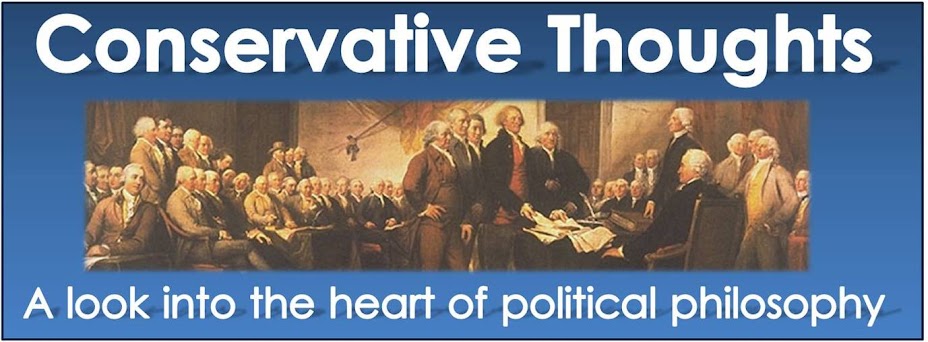 Confusing title, I know. So here is the basic point I want to make (that liberals seem unable to comprehend): there is a huge difference between who gets taxed and who actually pays for the tax.
Confusing title, I know. So here is the basic point I want to make (that liberals seem unable to comprehend): there is a huge difference between who gets taxed and who actually pays for the tax.For example, a tax levied on a company never actual gets paid by the company (what?! you say). Who pays it? The consumers and the employees. You see, a company exists to make a profit. That means revenue must be greater than expenses. Taxes are considered an expense. If you increase taxes on the company, they are forced to either decrease expenses elsewhere or increase revenue. What is the easiest way to accomplish this? Either by raising the prices of the goods or services they provide or cutting back on payroll (either by layoffs, compensation reduction, or reduced benefits). So who ends up getting hurt? The very people that were told they shouldn't have to pay taxes to begin with. The very people that liberals claim to represent.
While this is the most concrete example, there are others. Suppose you want to increase taxes on luxury items. Your thinking goes like this: the rich, who buy most luxury items, can afford to pay a little more for something they don't even necessarily need. The problem is that in reality when you tax a luxury item and thus force it to become more expensive, demand goes down for that item no matter how rich the consumer is. So the rich person will find an alternative luxury item or way to spend their money. And who ends up paying the price for the tax and suffering because of it? The industries and the (non-rich) workers that make the luxury goods, the one that are supposed to benefit from this whole plan to begin with.
The pattern that begins to emerge is that no matter what, or who, you tax it is always the people on the bottom who end up paying for it. Do you see the paradox here? The very tax system that is supposed to help the little guy is the same system that keeps him little and therefore makes him dependent. And that is exactly what liberalism needs to survive. It is a catch 22. It is a sham and we need to wake up and break the cycle.
What do you think?

1 comment:
This is seriously a concept people in Washington don't seem to get. Any tax comes out of consumer's pockets, regardless of what or who it is intended to impact.
My favorite example is a tax on energy, whether it be gas or electricity or whatever. I can pull out my bill and look at the itemized list of charges. Right there, in plain view, it lists each tax, the percentage each one is, and it's total cost for that billing period. I know exactly what I would be paying without taxes. I know exactly how much more I'm paying because of taxes. And I know that the utility company is allowing me to pay my share of the taxes levied against it.
I've been wanting to track the cumulative effect of taxes over one monetary cycle, and this has given me the impetus to do so. We will start with a consumer earning money.
The average consumer will pay around 13% total in income taxes. When a consumer spends money, they get hit with a national average of 8% combined state, county and city sales tax. The corporation then gets taxed at 39% for the income. A consumer then goes and works for the corporation and earns the money. The corporation is taxed 15% for paying the consumer in social security and other taxes.
So, putting this all together, a consumer starts with $1. 13 cents will go to the government, leaving 87. Spending it triggers the 8% tax, leaving 80 cents. The corporation then pays 31.2 cents, leaving 48.8. Finally, the last 15% whittles the original dollar down to 41.5 cents. So, basically, our average national tax rate ends up being 58.5%. Imagine what would happen if that was cut in half, or even cut down to 10%. Our country would have significantly more wealth.
Post a Comment